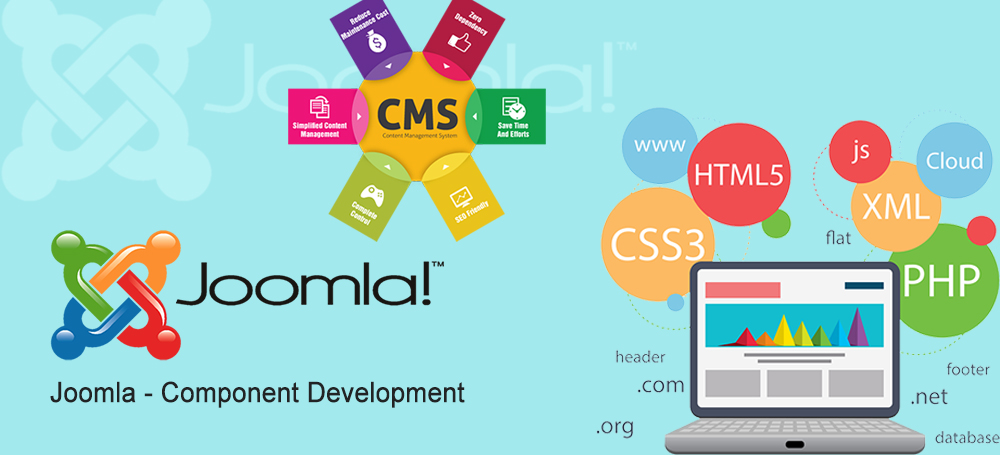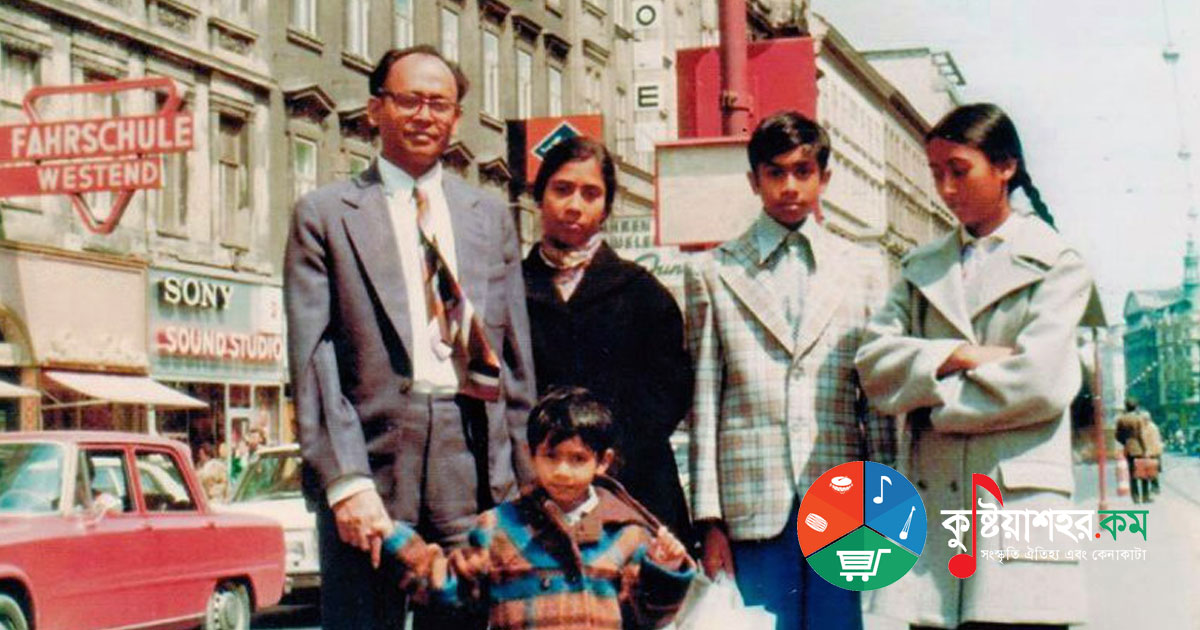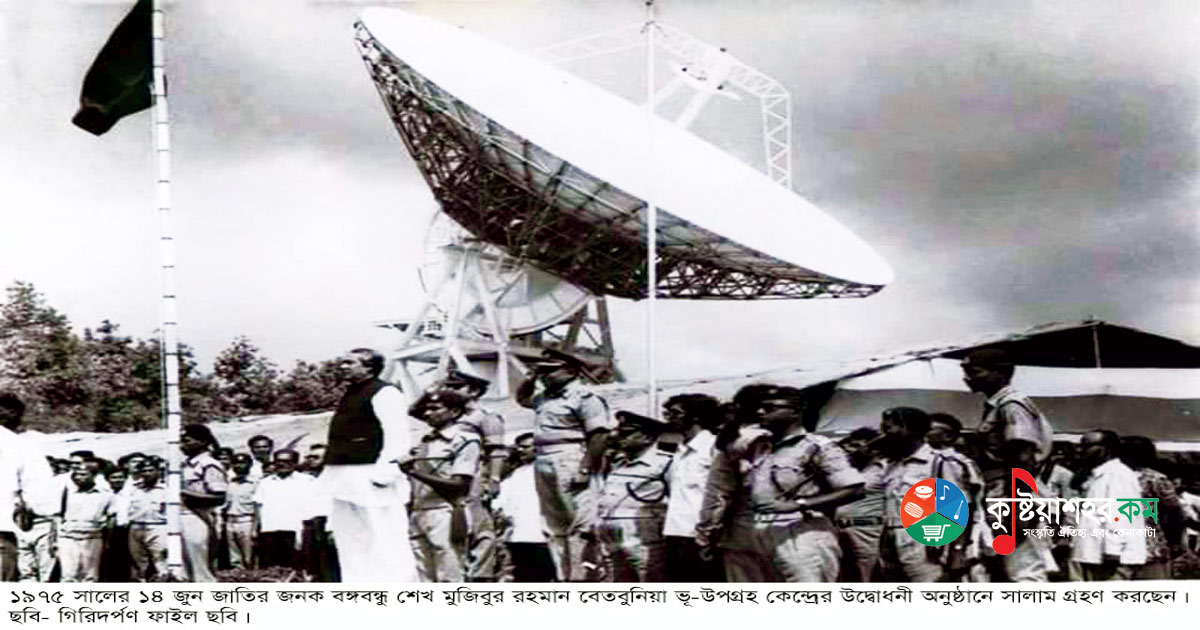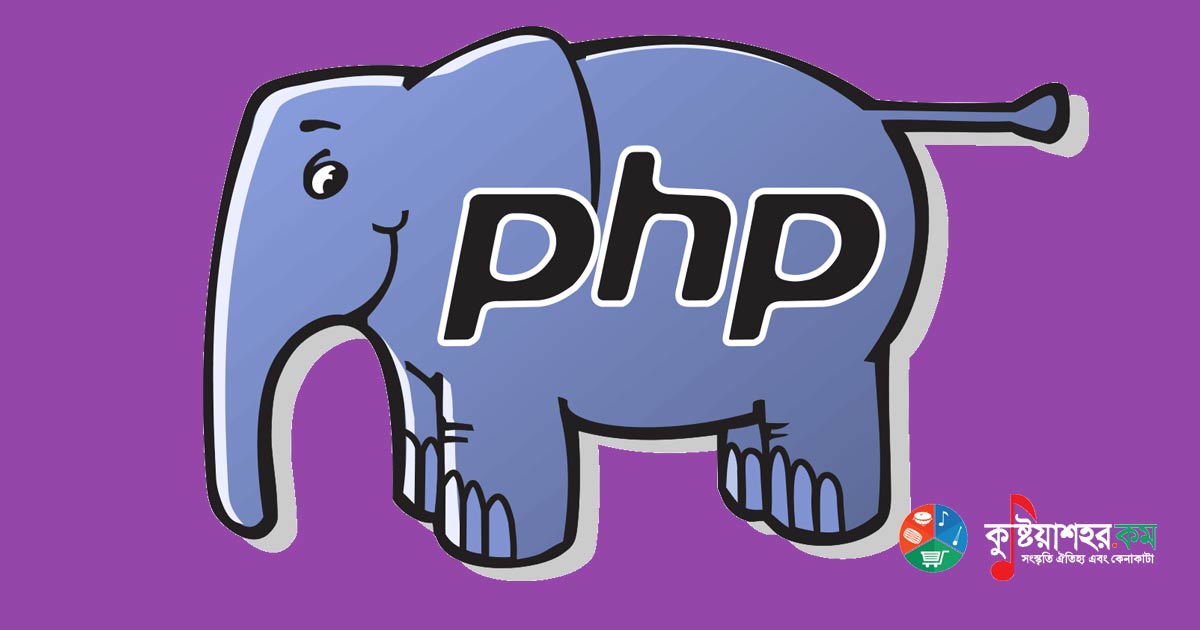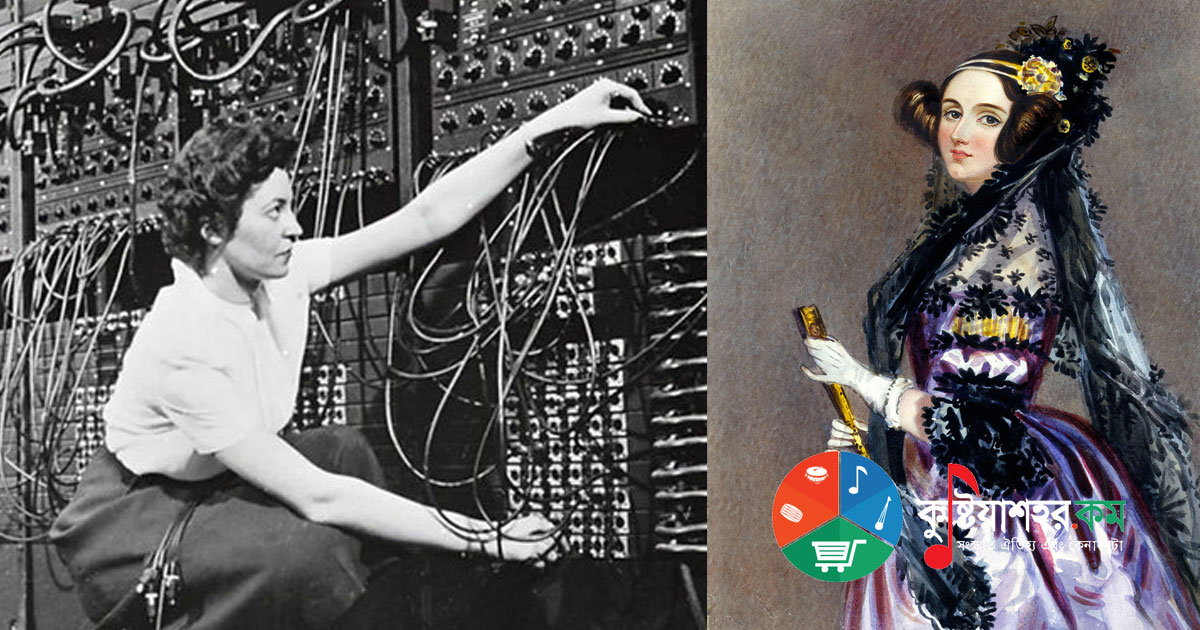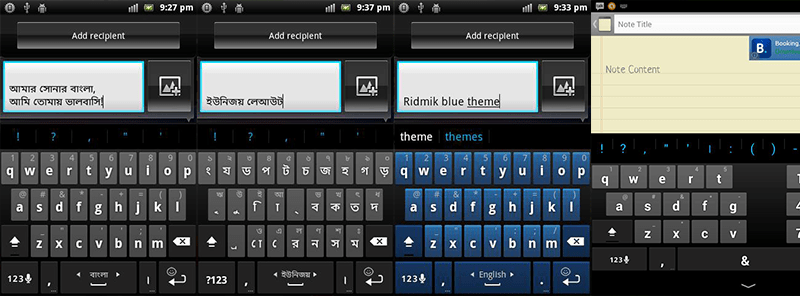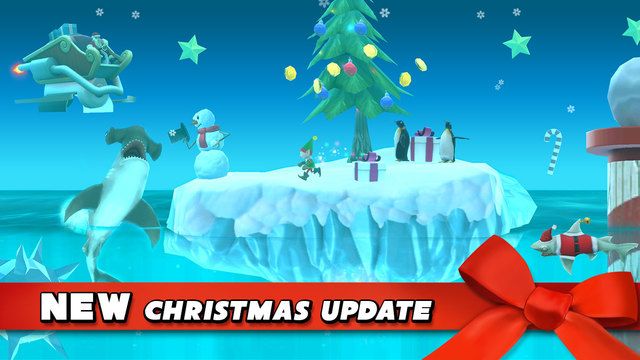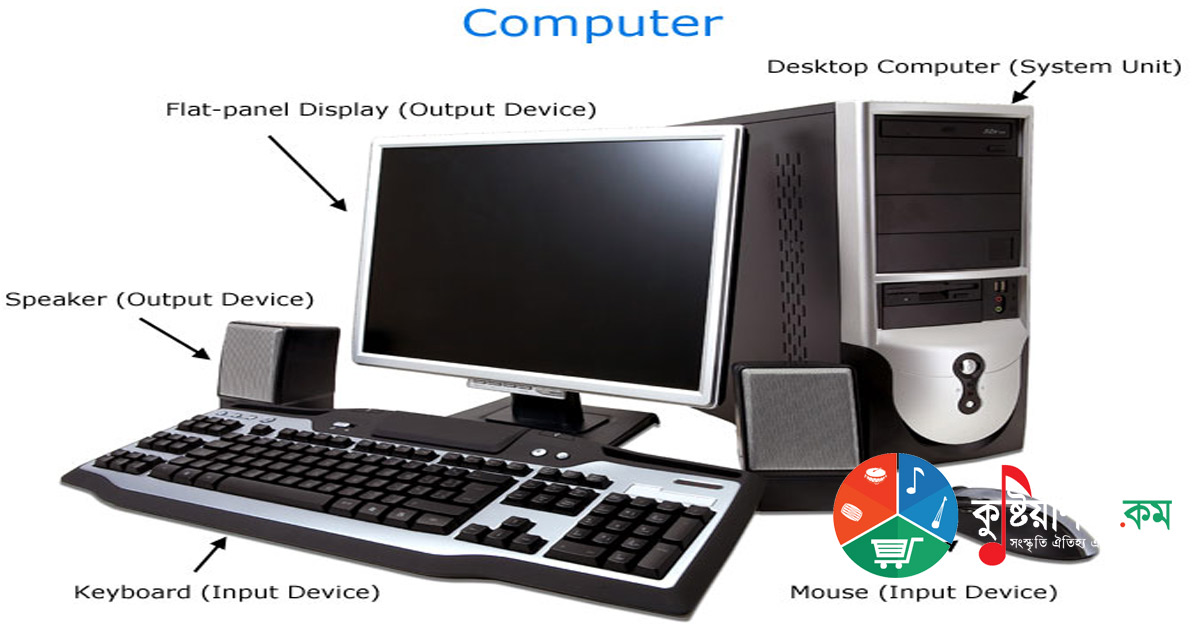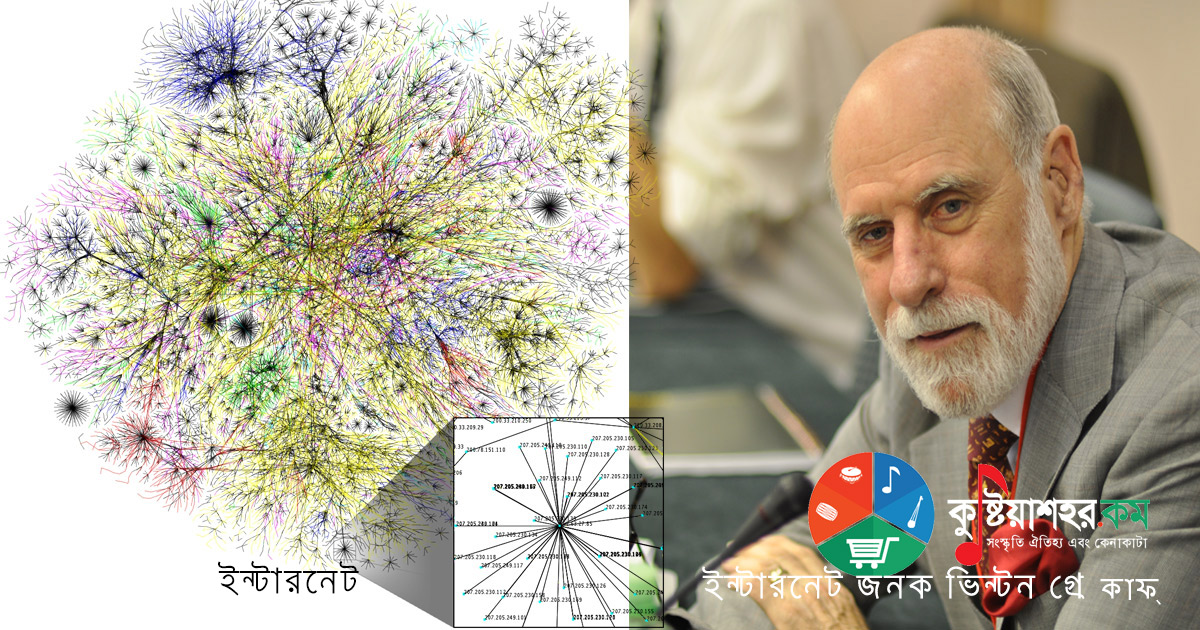Joomla! is a free and open-source content management system (CMS) for publishing web content, developed by Open Source Matters, Inc. It is built on a model–view–controller web application framework that can be used independently of the CMS.
Joomla! is one of the most popular website softwares, thanks to its global community of developers and volunteers, who make sure the platform is user friendly, extendable, multilingual, accessible, responsive, search engine optimized and so much more.
Joomla! is written in PHP, uses object-oriented programming (OOP) techniques (since version 1.5) and software design patterns, stores data in a MySQL, MS SQL (since version 2.5), or PostgreSQL (since version 3.0) database, and includes features such as page caching, RSS feeds, printable versions of pages, news flashes, blogs, search, and support for language internationalization.
Over 8,000 free and commercial extensions are available from the official Joomla! Extensions Directory, and more are available from other sources.[7] It is estimated to be the second most used content management system on the Internet, after WordPress.
What's a content management system (CMS)?
The definition of a CMS is an application (web-based), that provides capabilities for multiple users with different permission levels to manage (all or a section of) content, data or information of a website project, or intranet application.
Managing content refers to creating, editing, archiving, publishing, collaborating on, reporting, distributing website content, data and information.
Joomla Historical background
Joomla was the result of a fork of Mambo on August 17, 2005. At that time, the Mambo name was a trademark of Miro International Pvt. Ltd, who formed a non-profit foundation with the stated purpose of funding the project and protecting it from lawsuits. The Joomla! development team claimed that many of the provisions of the foundation structure violated previous agreements made by the elected Mambo Steering Committee, lacked the necessary consultation with key stakeholders and included provisions that violated core open source values.
Joomla! Developers created a website called OpenSourceMatters.org (OSM) to distribute information to the software community. Project leader Andrew Eddie wrote a letter that appeared on the announcements section of the public forum at mamboserver.com. Over one thousand people joined OpenSourceMatters.org within a day, most posting words of encouragement and support. Miro CEO Peter Lamont responded publicly to the development team in an article titled "The Mambo Open Source Controversy — 20 Questions With Miro". This event created controversy within the free software community about the definition of open source. Forums of other open-source projects were active with postings about the actions of both sides.
In the two weeks following Eddie's announcement, teams were re-organized and the community continued to grow. Eben Moglen and the Software Freedom Law Center (SFLC) assisted the Joomla core team beginning in August 2005, as indicated by Moglen's blog entry from that date and a related OSM announcement. The SFLC continue to provide legal guidance to the Joomla! Project.
On August 18, Andrew Eddie called for community input to suggest a name for the project. The core team reserved the right for the final naming decision and chose a name not suggested by the community. On September 22, the new name, Joomla!, was announced. It is the anglicised spelling of the Swahili word jumla, meaning all together or as a whole that also has a similar meaning in at least Amharic, Arabic and Urdu. On September 26, the development team called for logo submissions from the community and invited the community to vote on the logo; the team announced the community's decision on September 29. On October 2, brand guidelines, a brand manual, and a set of logo resources were published.
Joomla Features
Joomla has thousands of verified third party extensions which can be found on the Joomla Extensions Directory - extensions.joomla.org. There are also thousands of high end templates available, many of which are free. Paid templates are also available and come with support. Many templates provide a graphical user interface (GUI) which allow you to change colors, fonts, layouts and features. Joomla has SEO tools built in. Includes Metadata and Keywords, Mod_rewrite support for SEF URLs and Menu creation for clear and consistent sitemaps.
- Multilingual: Offering over 70 languages.
- Search Engine Optimization: Out of the box SEO & SEF.
- Flexible: Make a blog, business website, intranet, community website… From the simplest to the most complex website.
- Free: Joomla is free to use under GPL.
- Extendable: Extensions are available to extend website functionality.
- User Management: Access Control Lists allow management of the users of a website, and different groups.
- Menu management: Create as many menus and menu items as you need.
- Cache management: Caching for performance.
Joomla Deployment
Like many other web applications, Joomla! may be run on a LAMP stack.
Many web hosts have control panels for automatic installation of Joomla. On Windows, Joomla can be installed using the Microsoft Web Platform Installer, which automatically detects and installs dependencies, such as PHP or MySQL.
Migration/configuration.php
Joomla! utilises a configuration file (configuration.php, usually located in the root of the Joomla! installation) to control various settings including (but not limited to) database connection settings. Due to the use of a configuration file, migrating from one server to another is relatively simple.
Joomla Community
There are two large Joomla! conferences each year. Joomla! and Beyond (JaB) that is a conference largely aimed at Joomla! Developers and site integrators and is hosted in Europe around May each year. The Joomla! World Conference that brings together developers, designers, site administrators, business owners, and community members is held in the latter half of the year. Each year Joomla! communities hold their own country or regional JoomlaDays. Joomla! also, like many coding communities hosts many regional user groups as well.
Joomla Extensions
Joomla! extensions extend the functionality of Joomla! websites. Eight types of extensions may be distinguished: components, modules, plugins, templates, languages, libraries, files and packages.[52] Each of these extensions handles a specific function. Many of the extensions built by the Joomla! Community are not free but require a payment for download.
- Components are the largest and most complex extensions. Most components have two parts: a site part and an administrator part. Every time a Joomla! page loads, one component is called to render the main page body. Components produce the major portion of a page because a component is driven by a menu item.
- Plugins are advanced extensions and are, in essence, event handlers. In the execution of any part of Joomla!, a module or a component, an event may be triggered. When an event is triggered, plugins that are registered to handle that event execute. For example, a plugin could be used to block user-submitted articles and filter text. The line between plugins and components can sometimes be a little fuzzy. Sometimes large or advanced plugins are called components even though they don't actually render large portions of a page. An SEF URL extension might be created as a component, even though its functionality could be accomplished with just a plugin.
- Templates describe the main design of a Joomla! website. While the CMS manages the website content, templates determine the style or look and feel and layout of a site.
- Modules is dynamic or static output in a template position. Templates define dynamic positions that can be assigned modules. An example could be a boxed login form in a sidebar. This could be compared to another CMS's "widgets in sidebar". Multiple modules can be assigned to each position and each module's assignment can be controlled per menu item. Historically, modules are assigned to sidebars around the main component output.
- Languages are very simple extensions that can either be used as a core part or as an extension. Language and font information can also be used for PDF or PSD to Joomla! conversions.
- Libraries are usually extra php libraries that provide functionality for a component, module or plugin to work correctly (such as Google APIs).
- Files are single files that can be installed anywhere in the Joomla! file system. Examples of this include allowing extension developers to provide extra template views.
- Packages allow user to install combinations of any other extension type listed above. This allows related packages to be installed and uninstalled in one action rather than as separate entities.
